Donor Eggs: Hope for Women With Ovarian Conditions
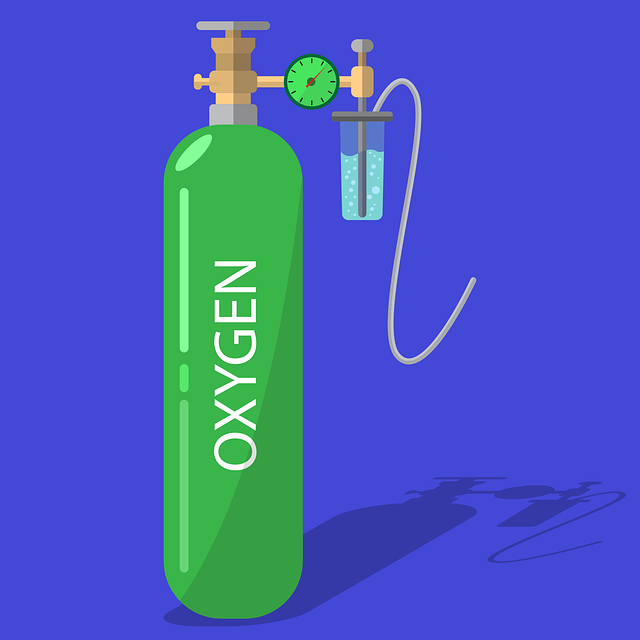
Women with ovarian conditions like cysts, endometriosis, or cancer treatments, facing reduced fertil…….
In the realm of reproductive healthcare, assisting patients undergoing ovarian surgery with egg donation has emerged as a vital component in preserving fertility and enhancing treatment outcomes. This article delves into the intricate world of egg donation, specifically tailored to support ovarian surgery patients, exploring its definition, global impact, economic implications, technological innovations, regulatory landscape, challenges, and future prospects. By understanding this process, we aim to shed light on its significance and contribute to informed discussions regarding reproductive health options.
Egg donation for ovarian surgery patients is a medical procedure where a healthy female donor provides her eggs to assist individuals or couples who cannot conceive due to ovary-related issues or other fertility challenges. This process involves several key components:
The concept of using donor eggs has a rich history dating back to the 1980s when the first successful birth from an anonymous egg donor occurred. Over time, this practice evolved as a solution for various fertility challenges, including ovarian insufficiency, early menopause, and genetic disorders. For patients undergoing ovarian surgery, egg donation offers a means to preserve their reproductive potential, ensuring they can still have biological children or experience pregnancy after surgery.
The global egg donation landscape varies significantly across regions, reflecting cultural, legal, and ethical considerations. Here’s an overview:
| Region | Legal Framework | Donation Culture | Notable Trends |
|---|---|---|---|
| North America | Strict regulations with licensed programs | High acceptance, primarily volunteer-based | Growing demand for donor eggs due to increased infertility rates |
| Europe | Diverse laws; some countries permit anonymous donation | Widely accepted, with many national registries | Rising popularity of donor egg programs, especially in Spain and the UK |
| Asia | Varies by country; some allow anonymous donations | Cultural acceptance varies, with growing awareness | Increasing number of international couples seeking donor eggs |
| Middle East | Limited legal frameworks | Growing acceptance, particularly among expats | Growing focus on creating a robust egg donation system |
Increasing Demand: The global infertility rate has been rising, leading to a corresponding demand for donor eggs. According to the World Health Organization (WHO), approximately 10% of couples worldwide experience fertility challenges. This trend is expected to continue, especially with changing lifestyle factors and aging populations.
International Market Dynamics: With varying legal frameworks and cultural attitudes, the egg donation market exhibits distinct patterns. Some countries, like the United States and Canada, have well-established systems, while others are developing their infrastructure. International partnerships and tourism for reproductive services have emerged, with couples traveling to countries offering advanced egg donation programs.
Ethical Considerations: The debate around anonymous vs. identified donors continues globally. While some regions favor complete anonymity to protect donor privacy, others promote transparency, allowing donors to connect with recipients. This divergence shapes the design of egg donation programs worldwide.
The economic aspects of egg donation are multifaceted:
Donor Compensation: Donors typically receive financial compensation for their time, effort, and medical procedures. Rates vary globally, influenced by local labor laws and market dynamics.
Medical Costs: The process involves significant healthcare expenses, including evaluation, IVF treatments, and surgery. These costs are borne by the recipient or covered through insurance, impacting overall accessibility.
Market Growth: The global fertility tourism market, which includes egg donation services, is expanding. According to a 2022 report by Market Research Future (MRFR), this market is projected to reach USD 84.5 billion by 2027, indicating substantial growth potential.
Egg donation contributes to economic systems through:
Job Creation: Medical facilities, fertility clinics, and support services require specialized staff, creating employment opportunities.
Revenue Generation: Donor egg programs generate revenue, which can be reinvested in healthcare infrastructure and research.
Global Economic Impact: As international tourism for reproductive services grows, it contributes to the economies of host countries, fostering local businesses and healthcare developments.
Technological progress has revolutionized IVF and egg donation:
Intracytoplasmic Sperm Injection (ICSI): This technique allows for precise sperm injection into eggs, enhancing fertilization rates.
Embryo Screening: Pre-implantation genetic testing (PGT) enables the selection of embryos with the best genetic potential, improving pregnancy outcomes.
Cryopreservation: Freezing techniques ensure egg and embryo viability over extended periods, providing flexibility for recipients.
Research continues to explore new frontiers:
Oocyte Cryopreservation: Advanced freezing techniques are being refined to improve long-term egg storage and survival rates.
Genetic Engineering: While controversial, advancements in gene editing may offer potential treatments for genetic disorders affecting fertility.
Artificial Womb: Preliminary research suggests that an artificial womb could support the development of embryos derived from donor eggs, offering new possibilities for successful pregnancies.
Regulatory environments significantly impact egg donation practices:
North America and Europe: Many countries have stringent regulations with licensed programs, ensuring donor safety and ethical standards. These regions often require extensive donor screening and offer comprehensive support to recipients.
Asia and Middle East: Legal frameworks vary, with some countries legalizing anonymous donations while others permit identified donors. The level of government oversight influences program structure and accessibility.
Key ethical concerns include:
Informed Consent: Donors must provide voluntary and informed consent, understanding the implications of their decision.
Anonymity vs. Disclosure: Balancing donor privacy with recipients’ rights to know their egg source remains a complex issue.
Equitable Access: Ensuring that egg donation services are accessible and affordable is crucial to preventing disparities in reproductive healthcare.
Donor Availability: Finding suitable donors who meet medical criteria can be challenging, especially for specific ethnic or genetic backgrounds.
Legal and Ethical Dilemmas: The regulatory landscape varies globally, leading to inconsistencies in donor protection and recipient rights.
Financial Barriers: High medical costs and compensation rates may limit accessibility, particularly for low-income individuals or couples.
Stigma and Perception: Social stigma surrounding egg donation can deter potential donors and recipients from seeking these services.
Future research aims to:
Efforts will continue to:
Addressing global disparities involves:
Q: Can anyone become an egg donor?
A: Eligibility criteria vary by region but generally include age, good overall health, and a negative history of sexually transmitted infections. Detailed medical evaluations ensure donor safety and the quality of eggs.
Q: How long does the entire process take?
A: From initial screening to final embryo transfer, the journey typically takes 3-6 months, depending on individual circumstances and treatment outcomes.
Q: Are there risks associated with egg donation?
A: While generally safe, there are minimal risks involved, including minor side effects from medication and surgical procedures. Long-term studies have not identified significant health concerns for donors.
Q: Can I choose the characteristics of my donor?
A: The level of donor information varies by program. Some offer basic demographics (age, ethnicity), while others provide more detailed traits like blood type and height. Identified donation allows for greater connection, but anonymous donation ensures donor privacy.
Q: How do I know if egg donation is right for me?
A: Consult with fertility specialists who can assess your specific situation. They will guide you through the process, addressing concerns and helping you understand the potential benefits and challenges.

Women with ovarian conditions like cysts, endometriosis, or cancer treatments, facing reduced fertil…….

Egg donation is a vital but ethically complex option for fertility treatment after ovarian surgery……..

In vitro fertilization (IVF) combined with targeted ovarian surgery offers hope to women facing endo…….
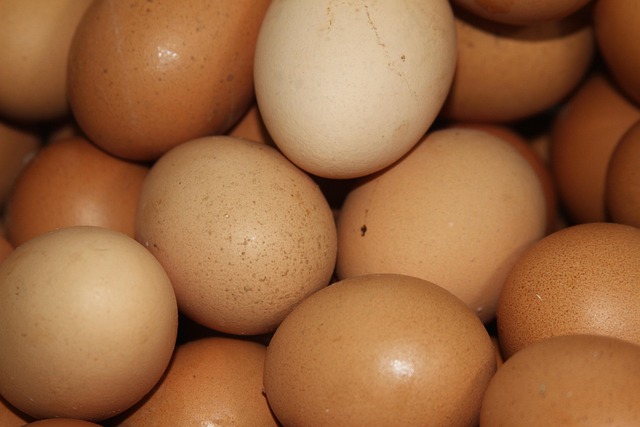
Donor eggs for women with ovarian conditions are facilitated by a stringent legal and ethical framew…….
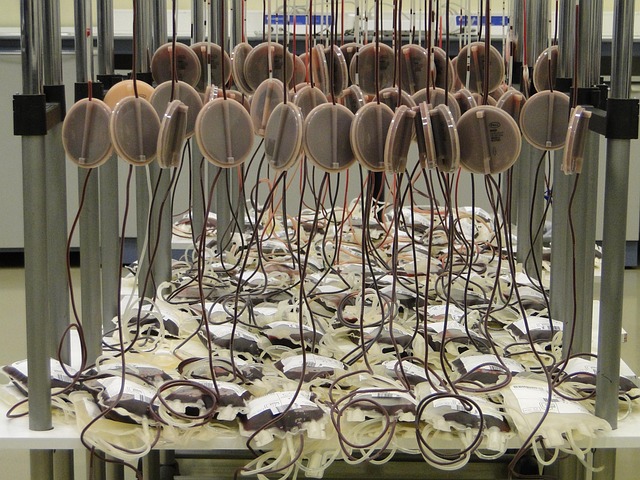
Egg donation for ovarian surgery patients offers hope and fertility solutions. It involves careful l…….
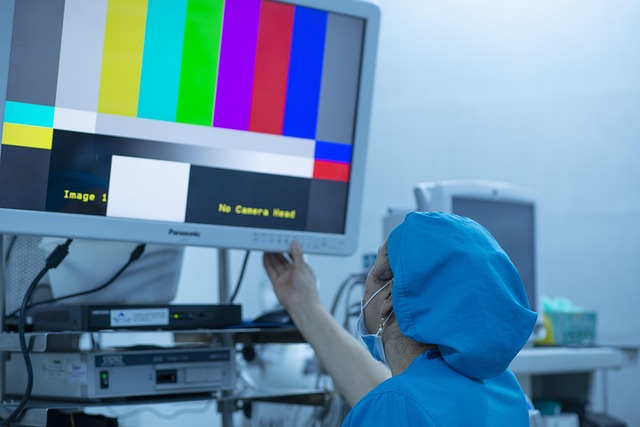
Donor eggs prove invaluable for women with ovarian conditions like PCOS or endometriosis, enhancing…….

Ovarian surgery manages gynecological conditions, offering procedures from cyst removal to oophorect…….

IVF with donor eggs post-surgery presents a complex emotional journey requiring adequate support. Th…….
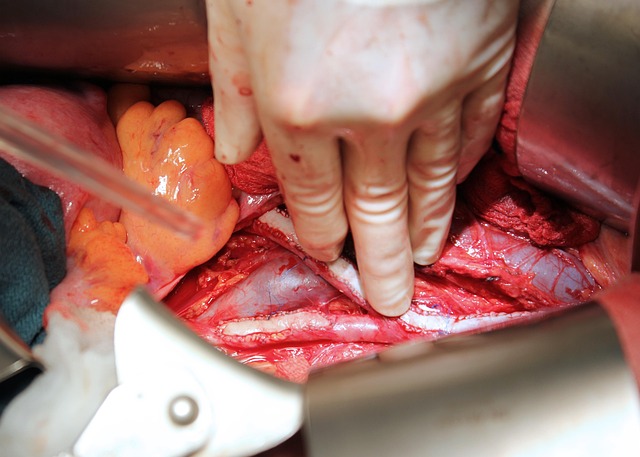
Choosing between fresh and frozen donor eggs for ovarian surgery patients depends on balancing ferti…….

Ovarian surgery impacts fertility, with partial removal preserving some, while extensive procedures…….